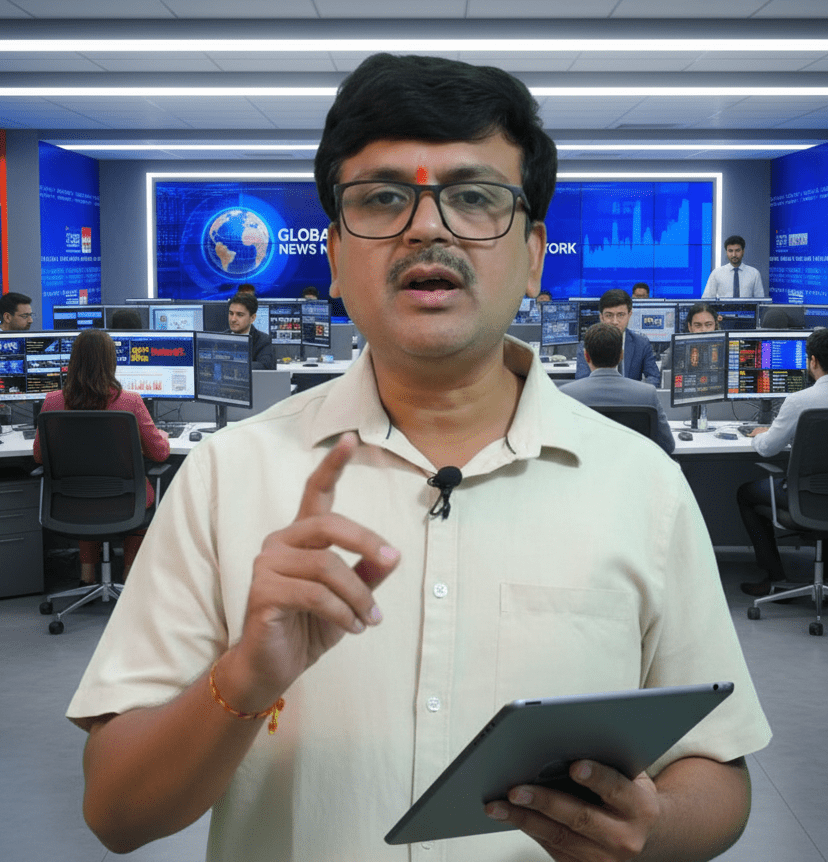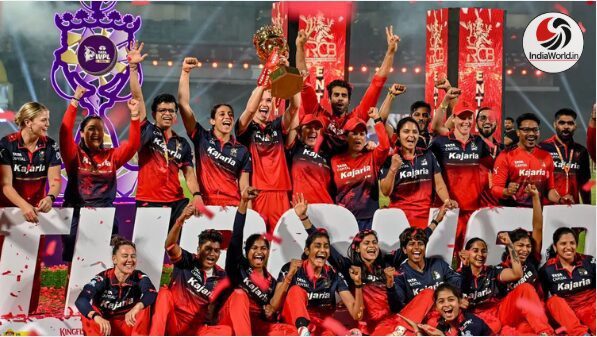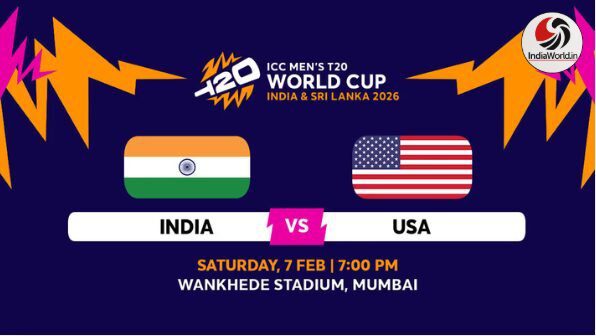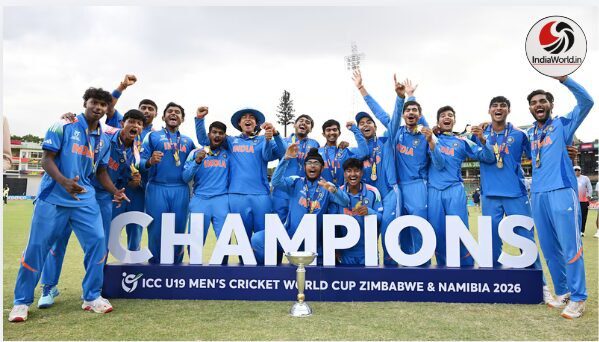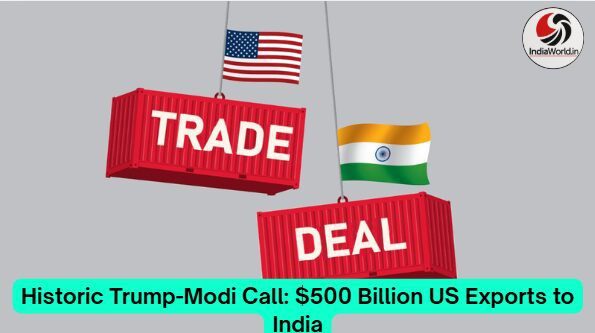Nepal’s Gen-Z Movement Challenges PM Sushila Karki’s Cabinet Picks
In a bold political move, Gen-Z protesters in Nepal are demanding the resignation of interim Prime Minister Sushila Karki, citing frustration over her cabinet expansion and ministerial appointments. The youth-led movement, spearheaded by activist Sudan Gurung, claims the government is ignoring public opinion and social media sentiment in its decision-making process. This growing unrest highlights the rising influence of Nepal’s younger generation in shaping the country’s political future.
A New Wave of Political Activism in Nepal
Nepal is witnessing a surge in youth-led political activism as Gen-Z protesters take to the streets, demanding the resignation of interim Prime Minister Sushila Karki. The movement, led by 36-year-old Sudan Gurung, has gained momentum following controversial cabinet appointments that many believe were made without public consultation.
On the night of September 14, demonstrators gathered outside the Prime Minister’s residence, chanting slogans and expressing their dissatisfaction with the current administration. Their primary concern? The lack of transparency and inclusivity in selecting ministers for the interim government.

Who Is Sudan Gurung?
Sudan Gurung is no stranger to activism. As the founder of Hami Nepal, an NGO established in 2015, Gurung has been at the forefront of disaster relief efforts across the country. From earthquakes to floods, his organization has provided critical support in times of crisis. Now, Gurung is channeling that same energy into political reform.
He’s been vocal about the need for change, warning that if the government continues to ignore the voices of young people, the protests will escalate. “If we take to the streets again, no one will be able to stop us,” Gurung declared. “We will throw you out of the chair where you have been made to sit.”

Controversial Appointments Spark Outrage
At the heart of the controversy are three key appointments made by PM Sushila Karki:
- Om Prakash Aryal – Appointed as Home and Law Minister. Aryal, a senior lawyer, is reportedly close to Kathmandu Mayor Balen Shah and has been accused of interfering in government affairs.
- Rameshwar Khanal – Named Finance Minister. Khanal is a former Finance Secretary with a strong bureaucratic background.
- Kulman Ghising – Assigned multiple roles, including Energy and Irrigation Minister, Physical Infrastructure and Transport, and Urban Development.
These selections have raised eyebrows, especially since they were reportedly finalized through social media polling—a first in Nepal’s political history. While innovative, critics argue that the process lacked proper vetting and public engagement.
Timeline of Events
- September 8: Gurung announces a massive protest in Kathmandu.
- September 12: Sushila Karki is sworn in as interim Prime Minister.
- September 14: Gen-Z protesters rally outside the PM’s residence.
During the swearing-in ceremony, Gurung even bowed and touched Karki’s feet—a gesture of respect that now seems ironic given the current tensions.

The Gen-Z Movement: More Than Just Noise
This isn’t just a fleeting protest. The Gen-Z movement in Nepal is rooted in a desire for systemic change. Young people are demanding a seat at the table, and they’re using digital platforms to amplify their voices. Social media has become a powerful tool for organizing, mobilizing, and holding leaders accountable.
Gurung’s strategy is clear: leverage the energy of youth and the reach of technology to reshape Nepal’s political landscape. And it’s working. The protests have sparked national conversations about governance, transparency, and youth representation.
Sushila Karki’s Leadership Under Scrutiny
Sushila Karki, who took office just days before the protests erupted, now finds herself in a precarious position. Her decision to appoint ministers without broader consultation has alienated a significant portion of the population—especially the youth.
While her intentions may have been to streamline governance during a transitional period, the backlash suggests a disconnect between the government and its citizens. Critics argue that Karki’s administration must prioritize dialogue and inclusivity to restore public trust.
The Role of Social Media in Political Decision-Making
One of the most intriguing aspects of this story is the use of social media polling to select cabinet members. It’s a novel approach, but it raises important questions:
- How representative are these polls?
- Who controls the platforms?
- Is this method transparent and secure?
While the idea of digital democracy is appealing, its execution must be carefully managed to ensure fairness and legitimacy.

Youth Empowerment in Nepal
Nepal’s youth are no longer content with being passive observers. They’re demanding accountability, transparency, and meaningful participation in governance. The Gen-Z movement is a testament to their growing influence and determination.
Organizations like Hami Nepal are playing a crucial role in this transformation, bridging the gap between civil society and political leadership. By combining grassroots activism with digital outreach, they’re setting a new standard for civic engagement.
What’s Next for Nepal?
The coming weeks will be critical. Will PM Sushila Karki respond to the protesters’ demands? Will the government revise its approach to cabinet appointments? And most importantly, will Nepal’s youth continue to push for change?
One thing is certain: the Gen-Z movement has ignited a spark that won’t be easily extinguished. As Nepal navigates this political crossroads, the voices of its young citizens will be impossible to ignore.

Read full article in Quora – https://qr.ae/pCN4vG



